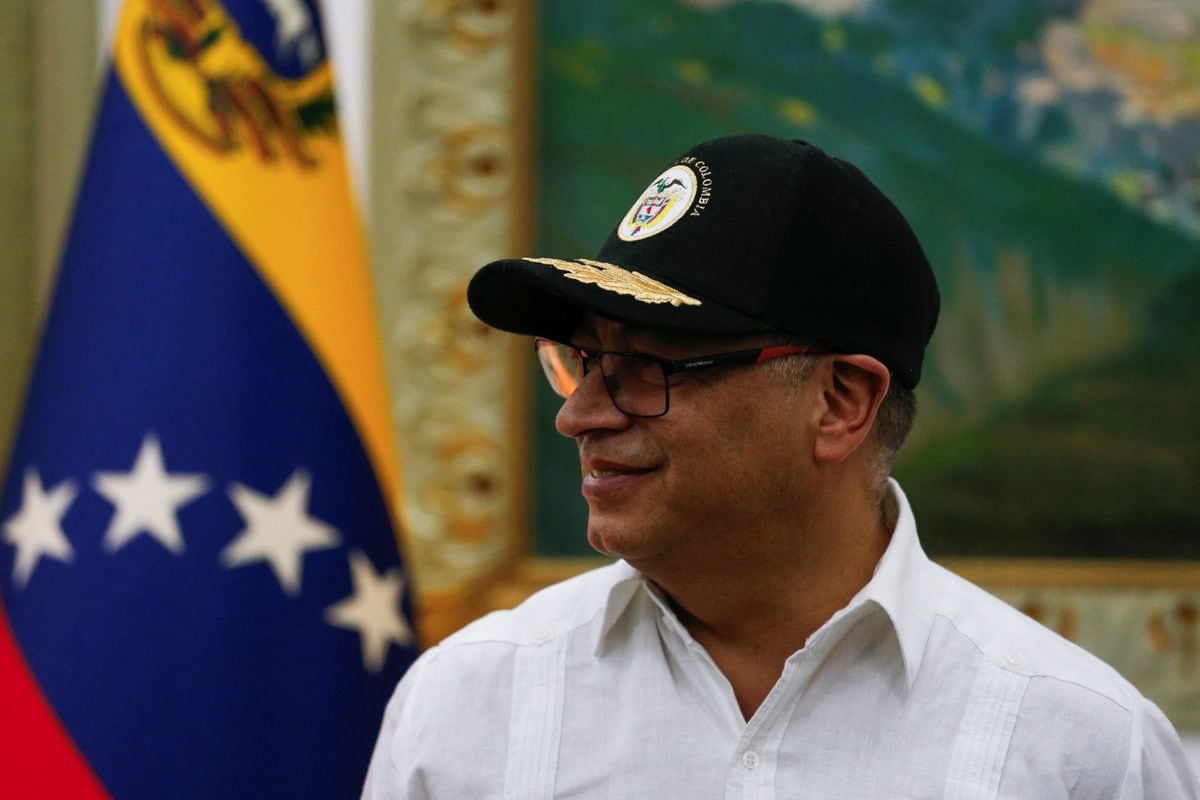Leopoldo López outside the Spanish embassy in Caracas, in May 2019 JUAN BARRETO / AFP
Every peak and tense moment within the Venezuelan opposition in recent years has been followed by a movement of pieces by Leopoldo López.
One of its main leaders has been a prisoner of the Nicolás Maduro regime since 2014 and is now leaving the country and going into exile, a move that seems to change the political game in Venezuela and precipitates a new stage in the fight against the Chavista government, after years of pulse and persecution.
López, 49, was in the Ramo Verde military prison for three years while he attended a long trial plagued with irregularities in which he was sentenced to 13 years, 9 months, 7 days and 12 hours in prison for the alleged crimes public building fire, damage to public property, instigation to crime and crime of association for organized crime.
In the process, he was held responsible for the acts of violence that occurred in a march in connection with Youth Day, on February 12, 2014, in which three young people were killed.
His speech, it was the plea of the prosecutors, would have incited violence on the day he called with the slogan "The Exit."
Months after that 2015 sentence, the prosecuting attorney in the case, Franklin Nieves, went into exile and revealed that the entire process had been a sham led by Diosdado Cabello, Chavismo's number two, and Attorney General Luisa Ortega Díaz , who three years later also fled the country and went to Colombia.
In mid-2017, after a mediation by the former president of the Spanish Government José Luis Rodríguez Zapatero, López received a measure from house to prison.
Two years later, he was released during the failed operation on April 30, 2019, the military uprising that he coordinated from house arrest to force Maduro's departure, after which he ended up taking refuge in the Spanish embassy in Caracas.
The arrival of Juan Guaidó and his Voluntad Popular party to the presidency of Parliament and the move by the interim presidency put López in the front line as an opposition operator, as the hand that pulled the strings behind Guaidó.
His refuge in the residence of the Spanish ambassador, Jesús Silva, after the failure of the April 30 maneuver, opened the field for him and he resumed the political belligerence he had lost in prison, to the point of receiving a designation as head of government of the Guaidó interim.
López was in the embassy with his wife Lilian Tintori and their youngest son for two months.
At the beginning of June 2019, the woman and the child left the diplomatic headquarters in what the Government of Spain described as "an exercise of their freedom of movement."
His family is in Madrid, including his father, Leopoldo López Gil, MEP for the Popular Party.
López had been in the crosshairs of Chavismo long before.
In 2008, an administrative disqualification marginalized him from the electoral contests in which he was favored to become the metropolitan mayor of Caracas, with credentials such as his training at Harvard and an eight-year term - between 2000 and 2008 - as mayor of Chacao, a municipality that was for years the richest in the country and with the best quality of life.
The obstacle led him to the founding of Voluntad Popular, where he welcomed some of the leaders hatched in the heat of the student movement that cornered Hugo Chávez with the massive protests over the closure of the RCTV channel, the oldest in the country, and with the rejection to the constitutional reform of 2007, the first setback inflicted by the Chavismo opposition in these 20 years.
With a ruling from the Inter-American Court of Human Rights in his favor, he ran as a presidential candidate in 2012, despite his political disqualification.
In primaries he ended up declining in favor of Henrique Capriles Radonski, with whom he had founded Primero Justicia, but with whom he has also had endless disagreements.
A few months ago, this historical animosity had a new episode with Capriles' step forward when he decided to participate in the December parliamentary elections - although he later retracted himself.
That placed him on the opposite shore to the decision of the López and Guaidó group to abstain.
Their consequent abstentionist thesis had already separated them in 2005 and resulted in the departure of López from Primero Justicia, the first major division of the party, and in which Chavismo won all the seats in the parliamentarians that year.
López and Capriles, both charismatic leaders and with presidential ambitions, were neighboring mayors in Chacao and Baruta, Caracas middle-class municipalities.
Since then, the differences already generated problems even to coordinate traffic in jurisdictions that shared roads.


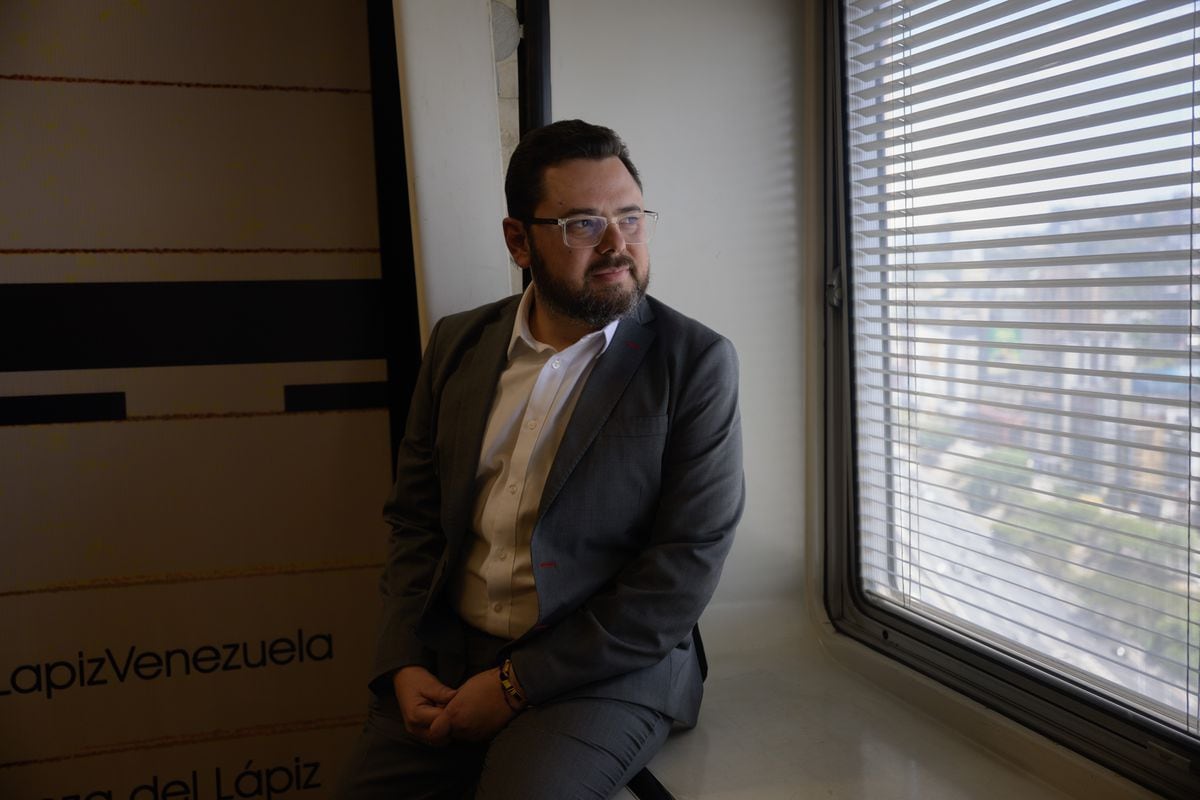
/cloudfront-eu-central-1.images.arcpublishing.com/prisa/VJZTSMNRSVTJY4P64XNIBXEHPE.jpg)
/cloudfront-eu-central-1.images.arcpublishing.com/prisa/PDNRVQWQF4SRLL7WVK5QDINU4U.jpg)
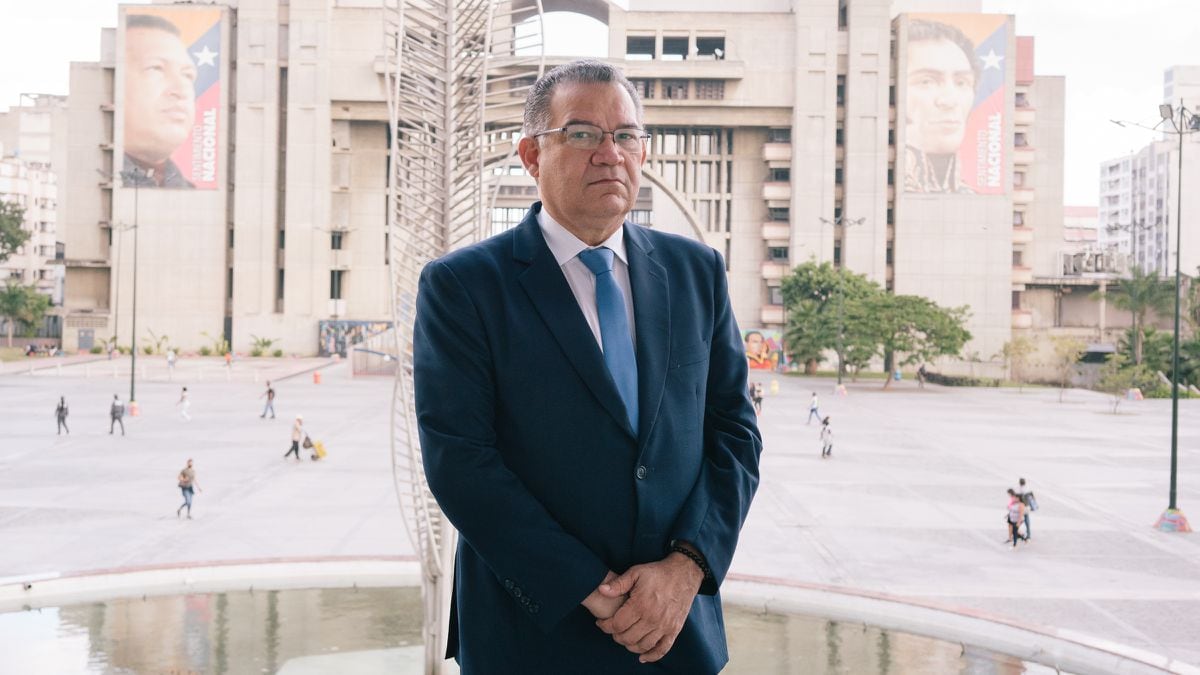
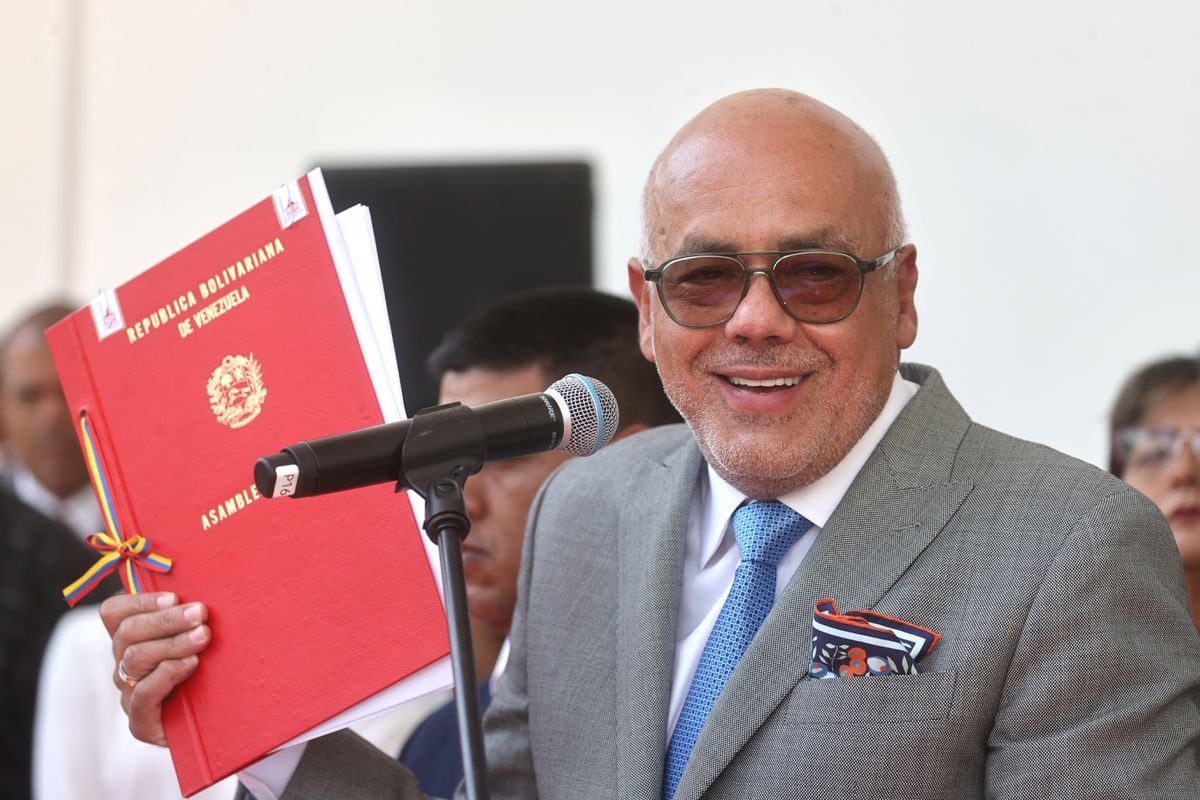
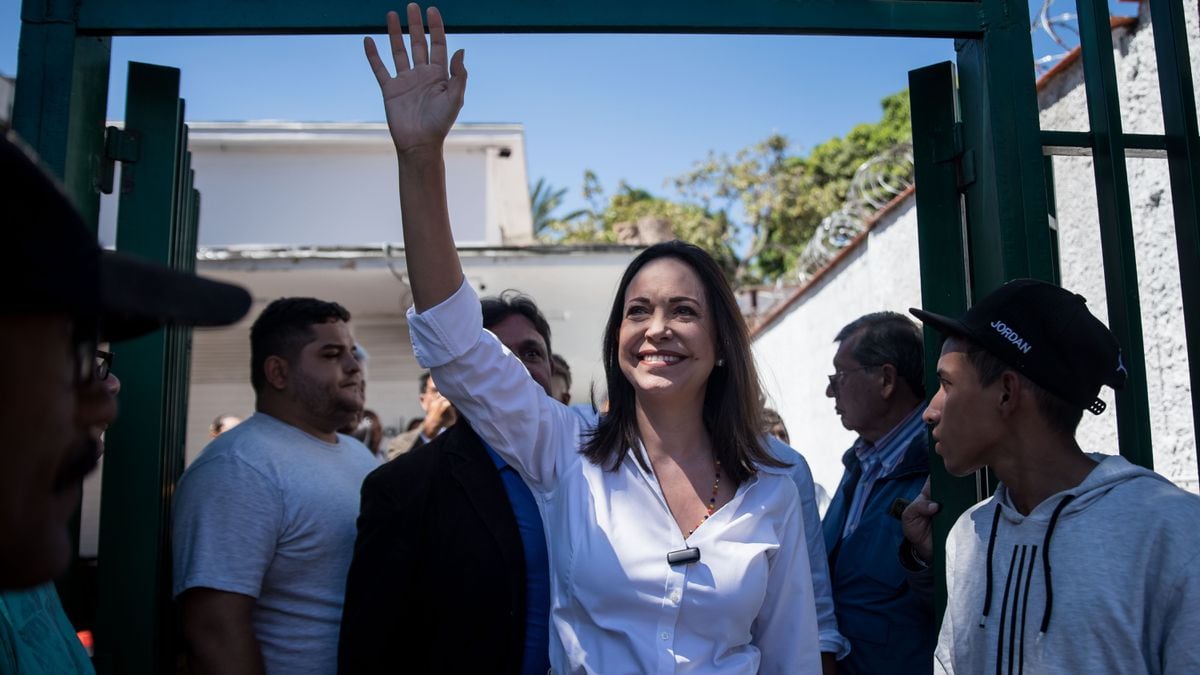
/cloudfront-eu-central-1.images.arcpublishing.com/prisa/JSNUSPGQQNGJ3MW4DFIOJSQQ3A.jpg)
